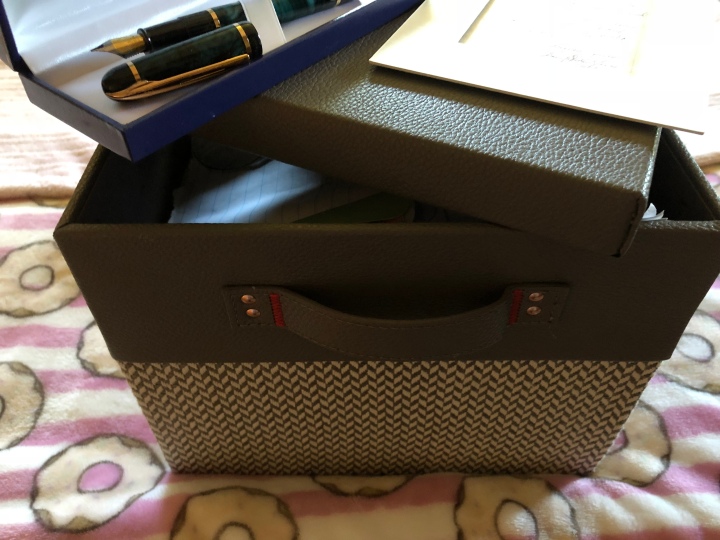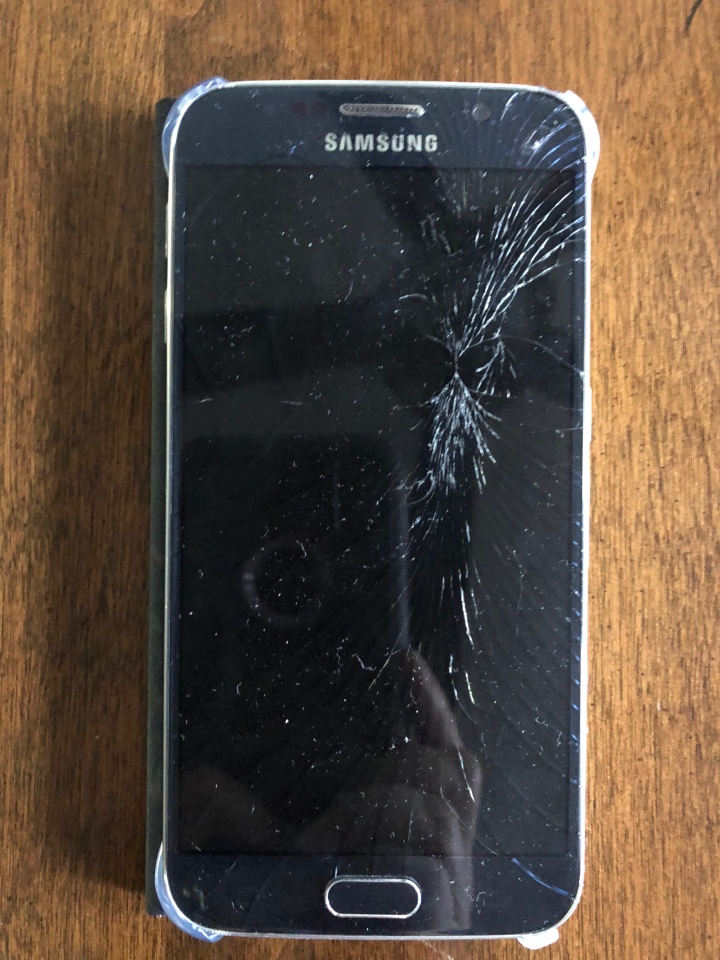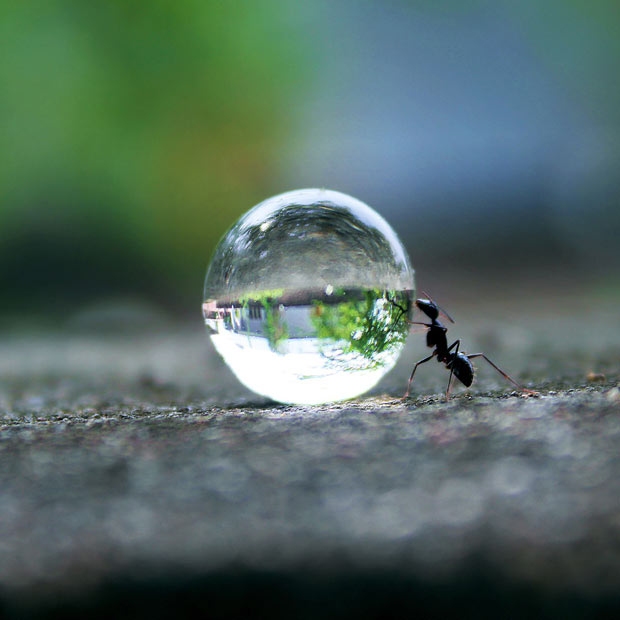Voice: How It’s Amplified (or silenced)
An unspoken reality exists for an American born citizen of Filipino descent. When she enters a random eatery, a store, or her church home and meets an unmistakable hate-filled stare of a caucasian, she does not walk alone. She is a mom, wife, sister, and friend. She is an office worker, her skin as brown as her ancestors who toiled in the hot sun before going home to feed their families.
This American will not avert her eyes in fear or shame. Instead she’ll meet enmity with the calm, unflinching gaze of someone who knows what she is and what she is not. She is not a receptacle for the hatred of others. Nor is she a symbolic threat to a vulnerable social order fraying at the seams.
As this woman breathes in and breathes out, she’ll picture familiar faces of caring family, friends and colleagues before turning away from a hate-filled stare, free to walk away with the peaceful calm she came into this world knowing.
Filipino immigrants arrived in America during the 1830’s. When the U.S. Government passed the Immigration Act of 1924 to allow cheap agricultural labor, the number of immigrants from the Philippines grew. Within a few years, the Great Depression and the Dust Bowl, demoralized the nation with crippling poverty. Desperation evoked immense hostility towards Filipinos, Chinese, Japanese, as well as other Asians and Mexican immigrants. The majority population no longer viewed the farm workers as cost effective labor, perceiving them instead as economic and reproductive rivals.
In 2018, brown skinned Filipino Americans, continue along a distinctive maze within a system that has remained efficient in sorting and processing human experiences on the basis of race and skin color. Census reports estimate approximately 4 million Filipinos in the United States, making them the second largest Asian American demographic. Despite having assimilated over several generations, Filipino Americans still often face a certain question upon first meeting an acquaintance.
“So where are you from anyway?” It’s an ask suggestive that an American born citizen, is little more than a poser.
A response such as Burbank, Boulder, or Pittsburgh, is often met with,“Come on, you know what I mean, where are your parents from?”
In persisting, the questioner perpetuates a form of social dominance learned in childhood and perfected to reflexive discourse by young adulthood. This particular social artifice is designed to coerce someone with darker skin and different features, to say the very words meant to define them.
“I was born in Pittsburgh about a year after my parents moved here from the Philippines. Gotta love those Penguins –”
“Oh,” is the common reply, followed by, “You’re Filipino.”
In that moment, a Filipino American is “just” Filipino. Her identity as an American erased in a fleeting moment of casual racism, with an implicit bias that casts her as Outsider within a society she has called home since birth.
Many American born citizens of Asian lineage, have been opening up about the ways in which this type of social interaction evokes an emotional cocktail of anxiety, confounding disbelief, and an understanding of the intention with which the question was asserted.
Not as frowned upon as name-calling, derision, or verbal or physical assault, this micro-aggression has been green-lighted in the same way that staring, excluding or ignoring have been condoned as falling within acceptable limits of racial bias. As a direct result, they shape a framework of interactions that distinguishes an Asian American’s experience from that of others.
These are the social norms that amount to the hundreds of tiny cuts that Asian Americans often hide from themselves and from those who inflict them out of fear of confrontation or knowing the likelihood of outright denial or both. According to the National Center for Biotechnology Information (NCBI), the micro-aggressions of racial bias, take a steep psychological and physical toll on the well-being of Filipino Americans that manifest in the form of generalized anxiety, depression, and correlated persistent thoughts of suicide.
In spite of a growing awareness of such factors, when many caucasians are questioned about the relevance of asking, “Where are you really from?” they take umbrage, double down and curse the imposition of politically correct etiquette when it would be more accurate to call it social etiquette.
Other Caucasian Americans are keen to feign harmless curiosity. Citing it as an attempt to become better acquainted is either disingenuous or points to a willful ignorance of other countless ice breakers such as favorite sports, books or music that would serve the same purpose.
It bears repeating that these are micro-aggressions between strangers. Authentic, more intimate conversations among stronger acquaintances, friends or colleagues present opportunities for everyone to learn more about each other, themselves and a society that sometimes does not grant the time or space to allow for candid, meaningful discussions.
It’s also true that a great deal of honesty and compassion is required for this kind of a talk. Some people are uncomfortable having them much in the same way they prefer to not discuss politics, religion, sex or money. Staying the course of small talk, weather and gossip is the path of least resistance.
Having the choice to engage or not in such topics of conversation, along with weightier issues of blatant discrimination, serves to illustrate a reality that White Americans are in essence moderators of free speech in a monolithic social order. It’s a role that many have fulfilled with a sort of noblesse oblige.
Some have not. Some White Americans relegate Native, Asian, Black, Latino Americans to the unwritten rank of second class citizenry and do their utmost to keep them there via social and cultural norms that reinforce their status. Though laws have ameliorated in-fighting to varying degrees of civility as monitored through the meticulous lens of Social Media, the playing field is far from level.
This is a system that has sustained itself in a perpetual loop with an impetus that has only begun to slow in recent years. Many Native, Caucasian, Black, Filipino, Asian, and Latino Americans have been advocating for a socio-political system upgrade for several decades. America 2.0 and 3.0 cannot compete in a world of nations whose operating systems are running on their own versions 10+ with no signs of slowing.
System failures produce one of two outcomes: correct it or continue failing.
This is just as true of a nation whose operating system, in simplistic terms, is the language of a free market.
When evaluated against an economy of scales, White Supremacy is no longer profitable for the United States.
It became cost prohibitive long ago.
White Nationalism reached a point of diminishing returns long before its lack of viability was acknowledged. In fact, the recent revitalization of a 1950’s white male patriarchy has amounted to little more than ersatz rebranding of a twice failed business model.
Activists have been enlisting the support of influential corporate sponsors in the fight for equality. By pulling their ads from celebrity entertainment news programs that are platforms for right and alt right invective, the free market has weighed in with a clear response: buying power is the new equalizer.
Recent polls reflect strong disapproval of the current administration, with voters expressing their views of recent policy changes, including climate change reforms and hastily crafted tax measures, as expensive mistakes that they and future generations will be paying to correct for years. What’s more, White House officials have been forging deals that violate the Emoluments Clause, thus further lining their own pockets while a nation of poverty stricken minimum wage earners and a struggling middle class, are left to fight for scraps.
Conservatives, the alt right, other white supremacy groups and their sympathizers, continue to belittle “progressives” and accuse minorities of playing the race or victim card, while refusing to deal a new hand from a fresh deck let alone rethink the same tired arguments. Self-proclaimed “MAGA” defenders of a government that demands fealty, the right and alt right support the blatant disregard for democratic rules that framed the Constitution.
In refusing to see the larger picture that the spectrum of voters across all party lines and nationalities are being used as pawns, their willingness to further this administration’s agenda has proven itself useful for now.
American citizens who draw strength from each other as equals and allies grant themselves freedom and space to find common ground. The result is often an instinctive generosity of spirit, one that breeds innovation, transcends any social order and surpasses any zero sum gain narrow-mindedness that has spread across the country under the guise of revisionist nativism.
Humans, born innocent of these distinctions, arrive in a world quick to label them, yet are nonetheless equipped with the inherent wisdom to recognize and respond to love. It will be a while before they begin to understand the strange phenomenon of identity politics, first learning the most basic principles of the human condition: hunger vs. satiety, loneliness vs. contact, sadness vs. comfort, sorrow vs. joy.
If lucky, children are taught to navigate the dichotomy between love and hate, further down the road, well past their impressionable formative years. It is a universal hope among parents, that their children will not have to face racism at all, and if they must, will do so by holding with steadfast courage onto the peaceful calm they came into this world knowing.

 A couple of weeks ago, I dropped my phone on the cement parking lot of my daughter’s summer art camp. It landed facedown, with the technological equivalence and precision of a belly flop.
A couple of weeks ago, I dropped my phone on the cement parking lot of my daughter’s summer art camp. It landed facedown, with the technological equivalence and precision of a belly flop.


